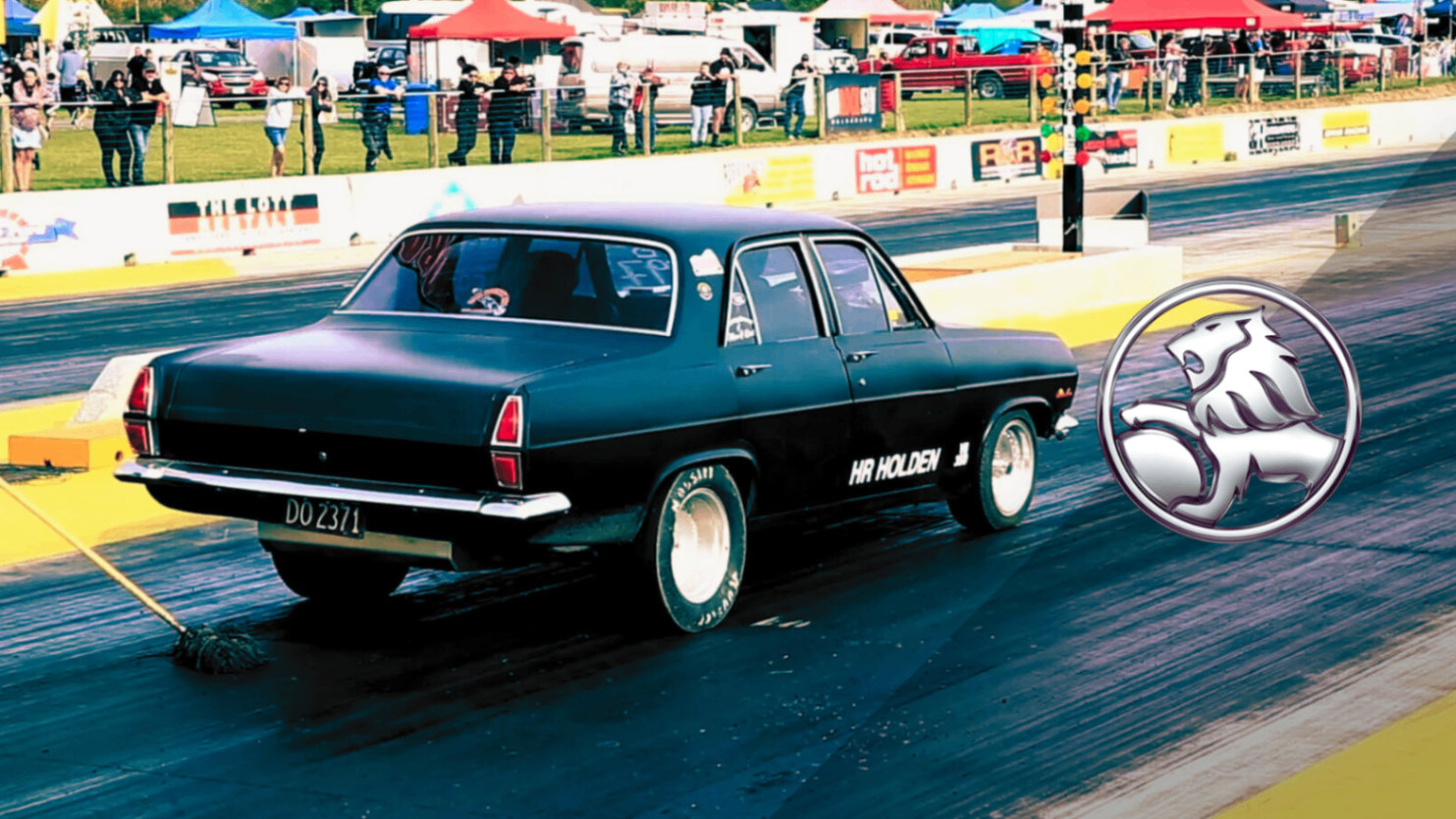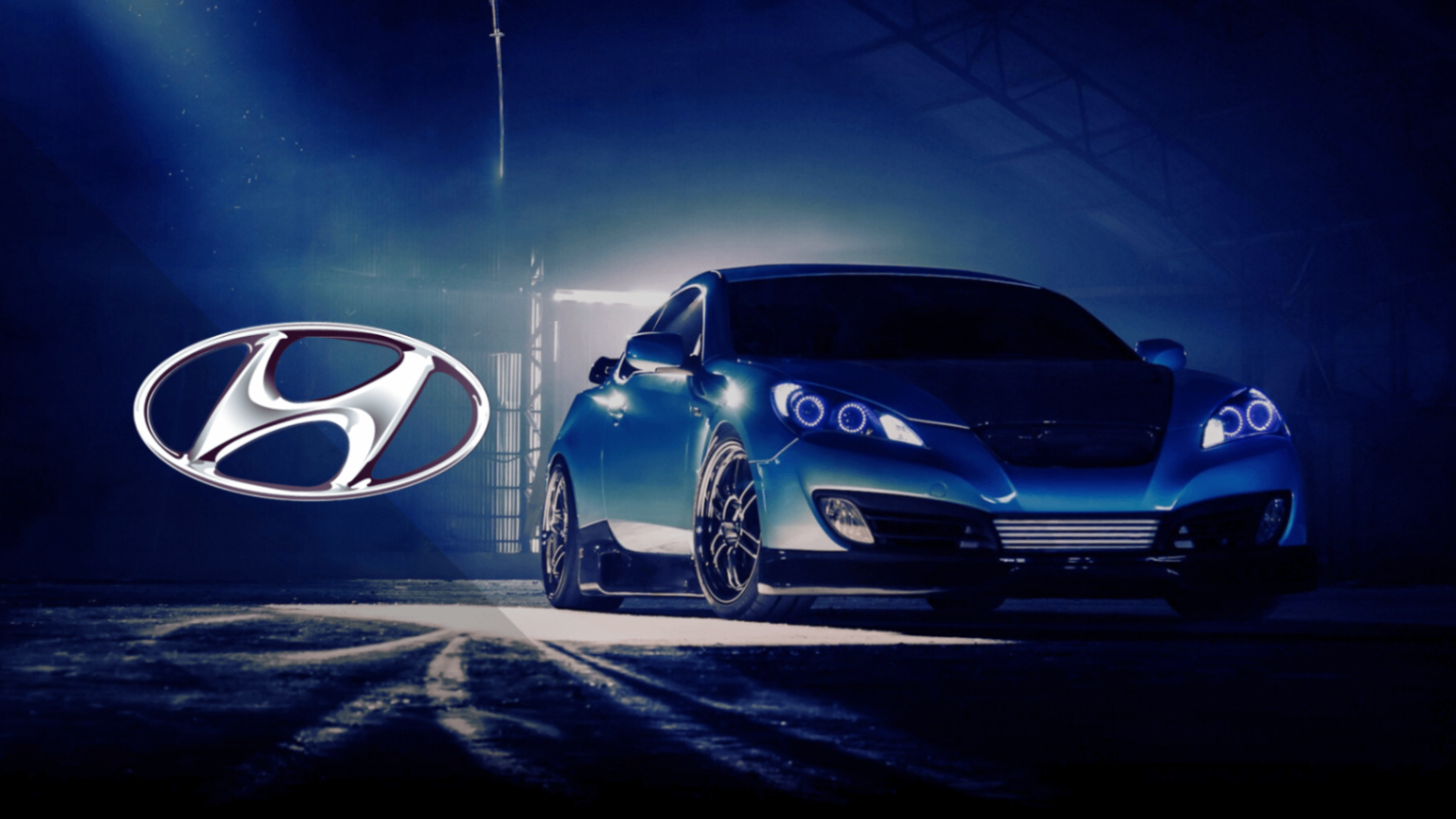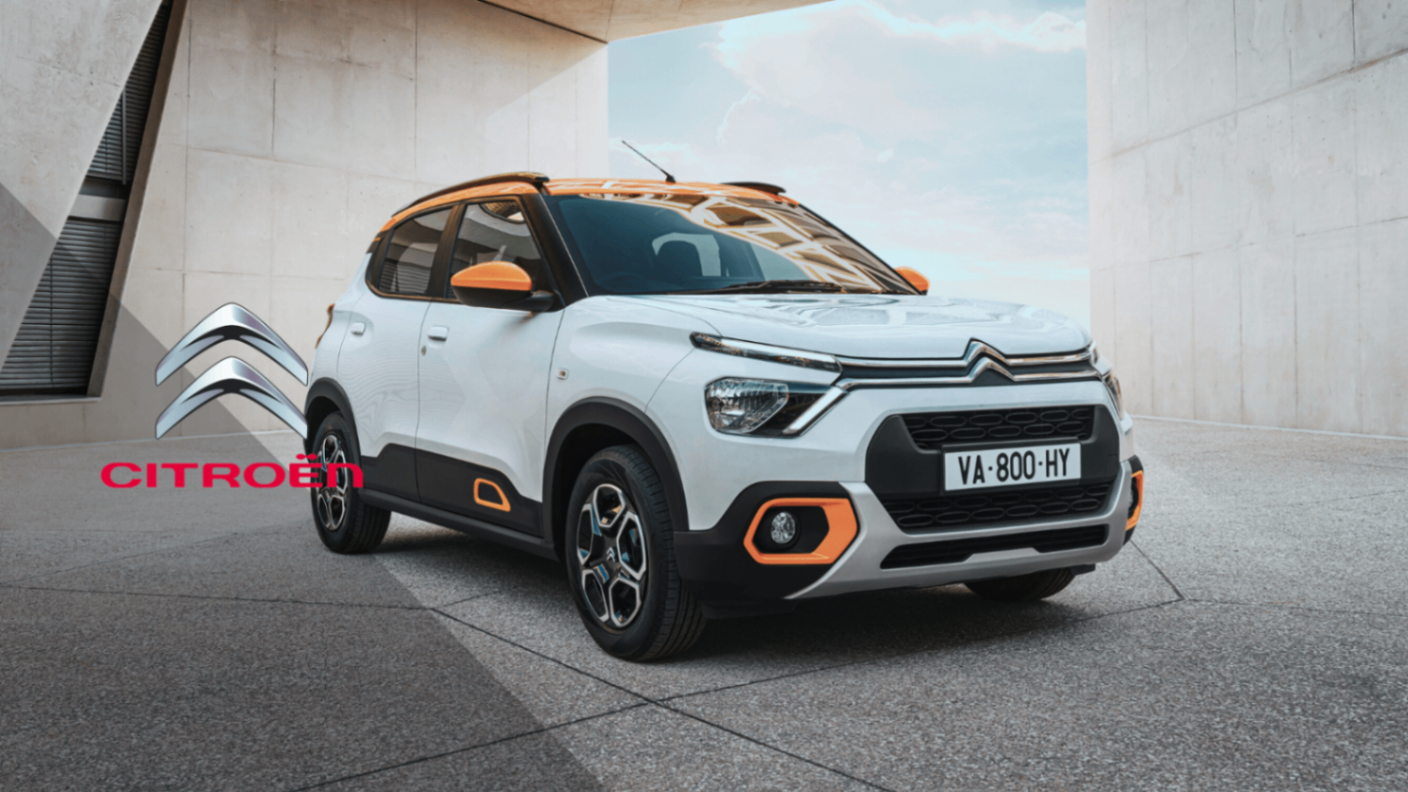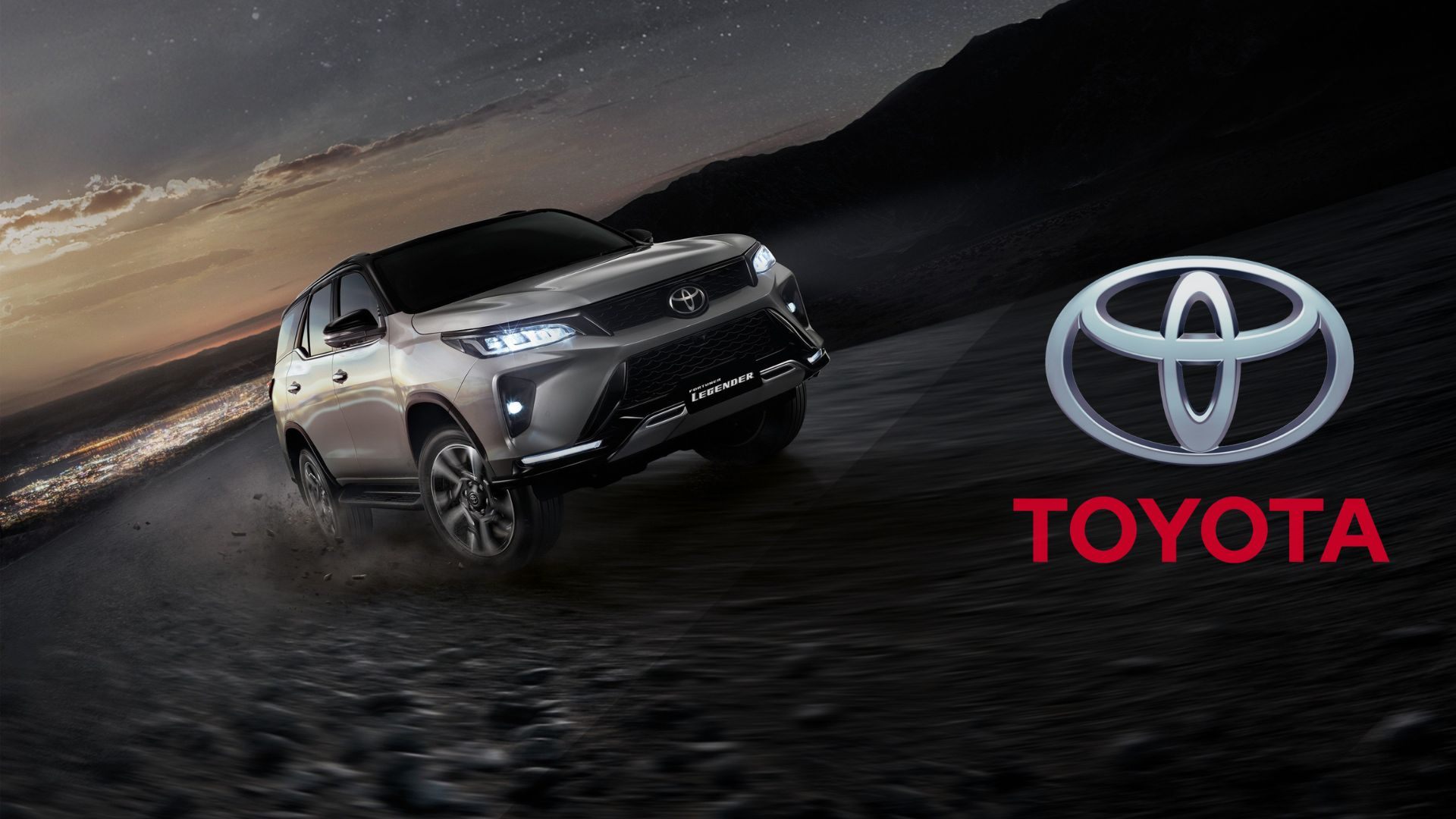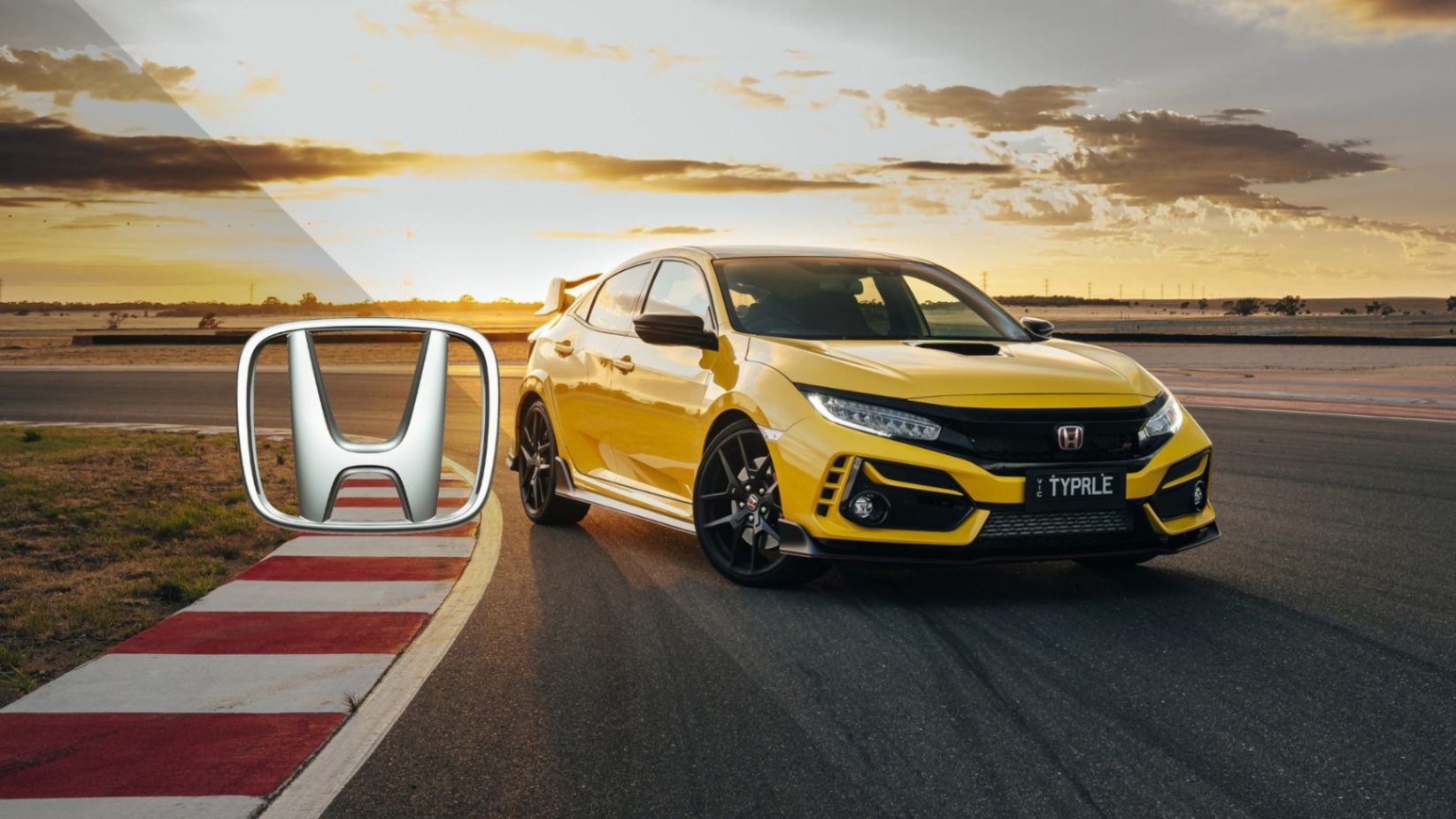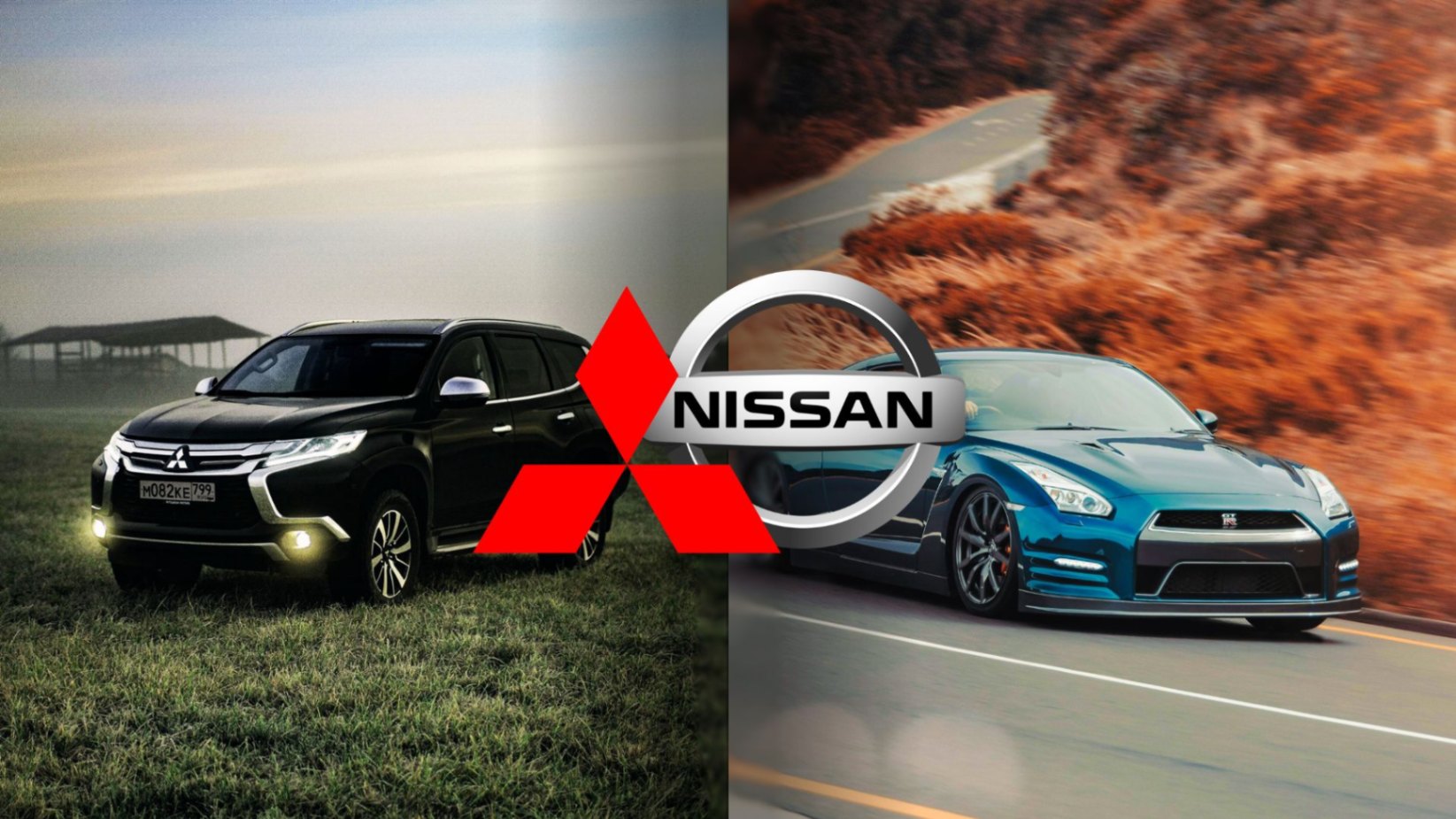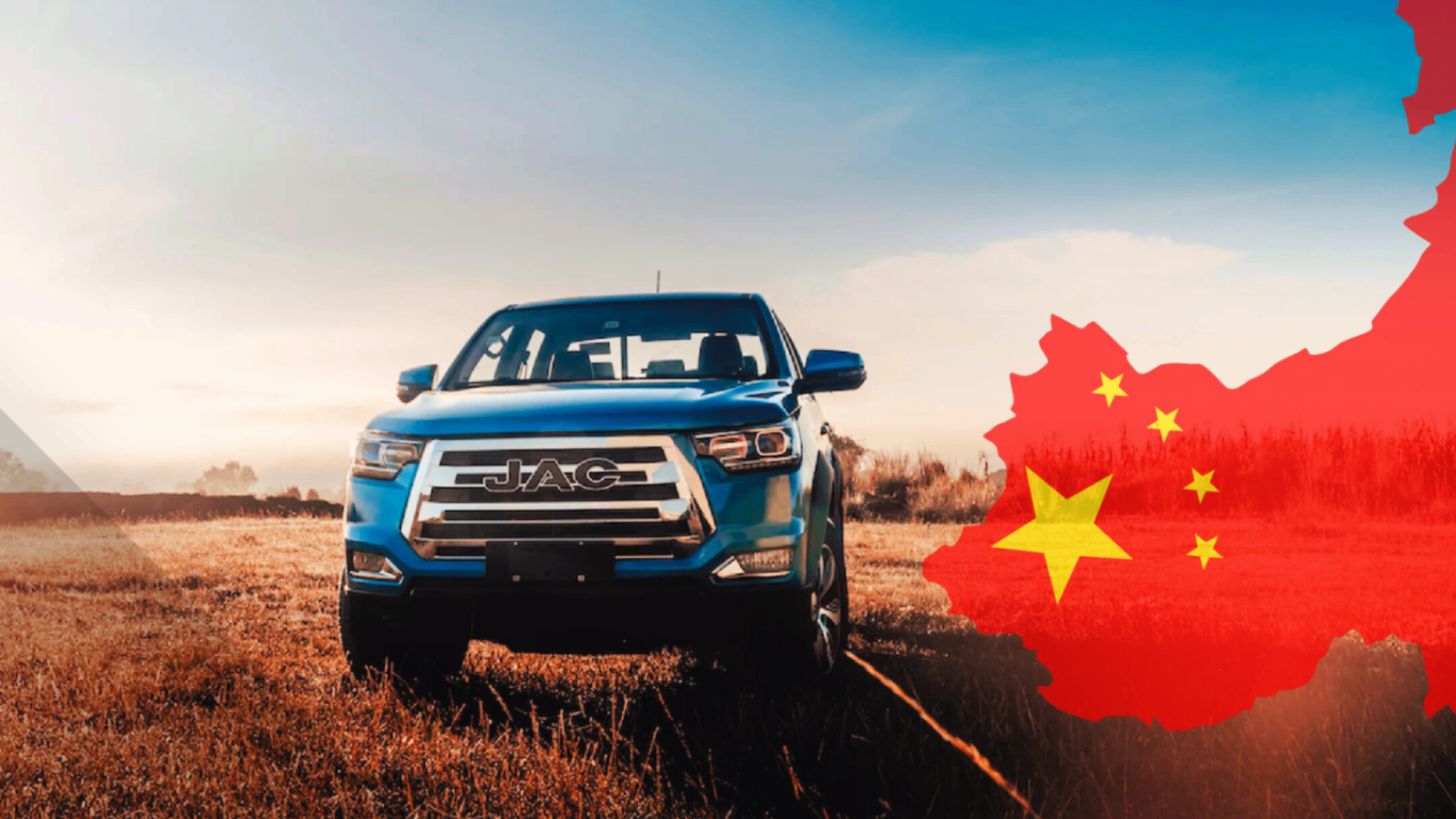
From humble beginnings as a carriage maker in 1856, Holden has evolved into a pillar of Australian motoring, capturing the imaginations of generations of Australians. With a rich history spanning iconic, era-defining models to its integration into automotive giant General Motors, Holden's journey has been marked by innovation, challenges, and a lasting legacy. In this blog, we'll explore the fascinating story of Holden, from its origins to its impact on contemporary automotive culture, reflecting on how this brand has left an indelible mark on the heart of Australia.
From the Beginning: The Origins of Holden
Holden was founded in 1856 as a saddle and carriage company by James Alexander Holden in Australia. Initially, the company focused on producing leather goods and carriage equipment, establishing a solid reputation in the local market. Over time, the company expanded its operations and diversified its production, adapting to the changing needs of Australian society. This humble company, which began with a focus on craftsmanship and quality, would soon transform into a pillar of the country's automotive industry, setting the stage for its future success.
In 1908, Holden made a significant shift by becoming an automobile manufacturer. This strategic move was driven by the company's vision to capitalize on the growing interest in motor vehicles. Its first model, the Holden 48-215, was launched in 1948 and marked the beginning of a new era for the company and for Australian motoring. Popularly known as the "FX", this vehicle was not only a commercial success but also symbolized Holden's ingenuity and innovation. With its robust and reliable design, the 48-215 became an industry icon and established Holden as a leader in the automotive market.
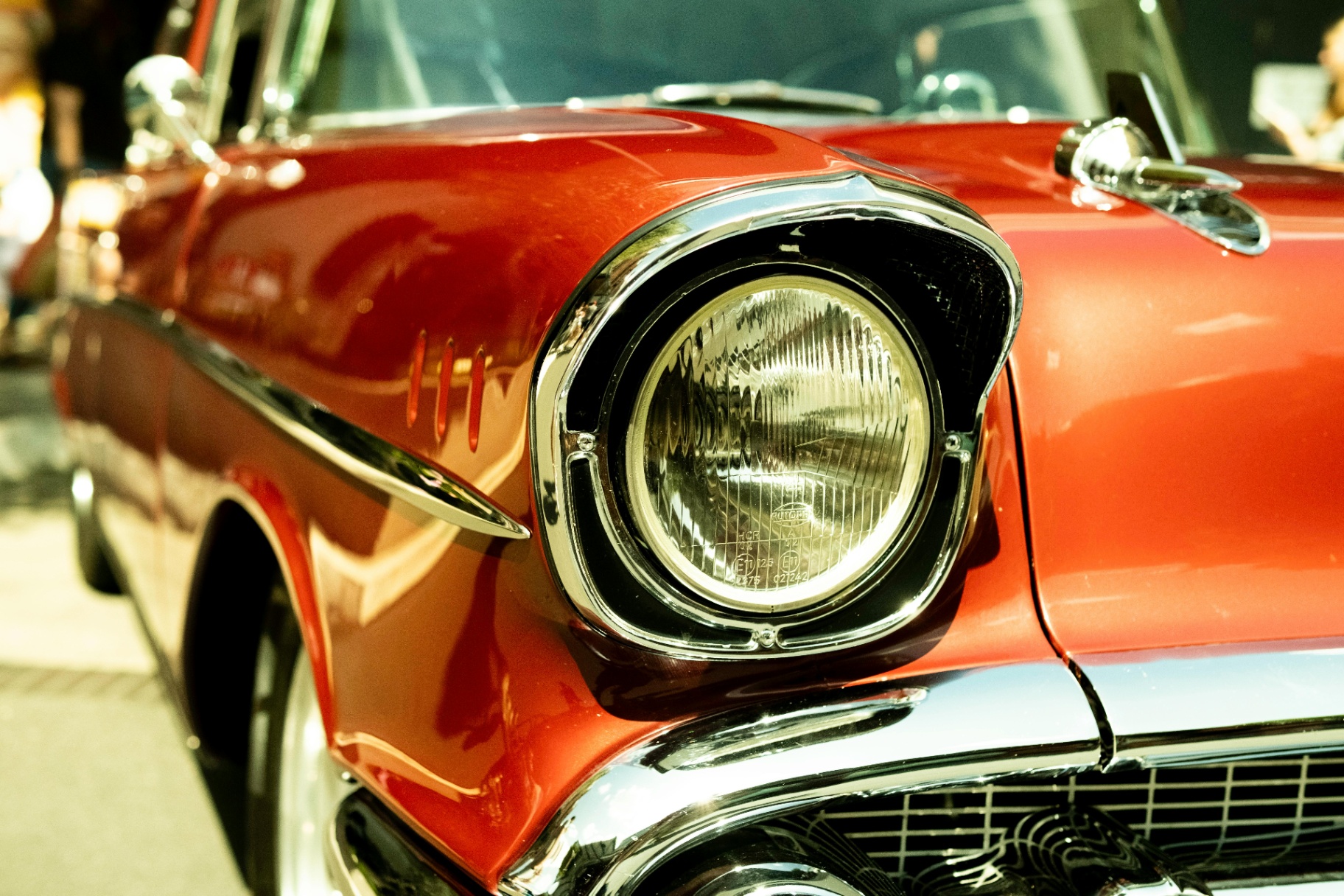
The Peak of Success: Holden's Golden Age
The 1950s and 1960s saw Holden's popularity and expansion soar. During these years, the brand introduced iconic models such as the Kingswood and the Monaro, which became symbols of the "Australian Dream." The Kingswood, with its elegant design and reliable performance, won the hearts of Australian families, becoming the preferred vehicle for long road trips and family adventures. On the other hand, the Monaro, with its sporty style and powerful engine, captured the imagination of young automotive enthusiasts, becoming an emblem of speed and freedom.
Holden represented more than just cars; it embodied the Australian lifestyle. Holden vehicles were seen as an extension of the national identity, reflecting the country's freedom and adventurous spirit. With their robust and versatile vehicles, Holden became a symbol of Australians' ability to tackle any challenge, whether on the vast outback roads or the bustling city streets. The brand became deeply ingrained in popular culture, appearing in films, TV shows, and songs, solidifying its place in the nation's heart.
A New Chapter: Joining General Motors
In 1931, Holden was acquired by General Motors, marking the beginning of a new chapter in its history. This partnership not only brought significant advancements in innovation and technology, allowing Holden to stay at the forefront of the automotive industry, but also provided access to global resources and knowledge previously unavailable to the Australian company. Under the General Motors umbrella, Holden was able to leverage an international network of research and development, resulting in the implementation of cutting-edge technologies and improvements in production efficiency.
See also: The Chevrolet Story: The Legend Behind the Wheel
The relationship with General Motors also facilitated international collaborations and launches, expanding Holden's presence beyond Australian borders. This global expansion allowed Holden to introduce its vehicles into new markets, adapting its models to the preferences and needs of consumers in different regions of the world. Additionally, the synergy with General Motors opened the door to joint projects and the sharing of best practices, further strengthening Holden's ability to innovate and compete in an increasingly globalized automotive market.
Constant Innovation: Evolution and Adaptation
Over the years, Holden has demonstrated a remarkable ability to adapt to changes in the automotive industry. The brand introduced advanced technologies and modern models that resonated with market demands, such as the incorporation of GPS navigation systems, Bluetooth connectivity, and enhanced safety features like anti-lock brakes (ABS) and stability control. Additionally, Holden stayed at the forefront by adopting more efficient engines and state-of-the-art automatic transmissions, which not only improved vehicle performance but also offered a more comfortable and safe driving experience for its customers.
In response to growing environmental concerns, Holden also focused on developing more eco-friendly vehicles, aligning with global trends towards sustainability. The company invested in research and development of hybrid and electric technologies, launching models that significantly reduced carbon emissions. Furthermore, Holden implemented more sustainable production practices in its factories, such as the use of recycled materials and reduced energy consumption.
These initiatives not only reflected Holden's commitment to the environment but also positioned the brand as a leader in the transition to a greener and more responsible automotive industry.
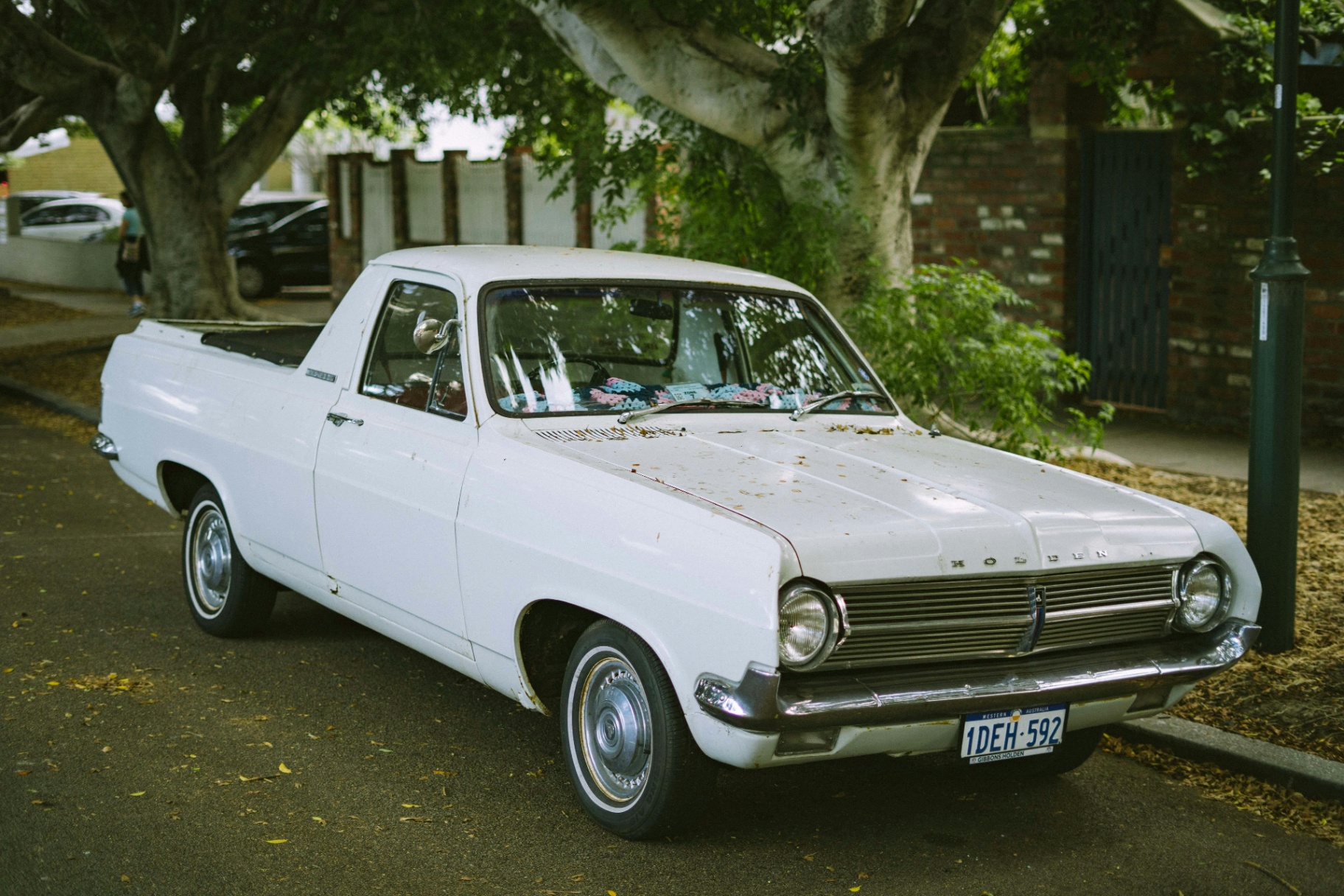
An Enduring Legacy: Holden's Challenges and Future
Despite facing significant economic challenges, including the decision to close plants and cease local production in 2017, Holden remains an integral part of Australian automotive culture. The brand has left an indelible mark on the nation's collective memory, and its vehicles continue to be appreciated for their durability, design, and performance. Holden enthusiasts keep the passion for the brand alive through car clubs, events, and exhibitions that celebrate its rich history and legacy. Moreover, classic Holden models are considered treasures by collectors, who meticulously restore and preserve them, ensuring the brand's heritage endures over time.
Holden's legacy persists, and the brand continues to influence the global automotive landscape. Future projects and transformations in its structure ensure that Holden will remain a relevant and respected name in the industry. The company is exploring new opportunities in the electric and autonomous vehicle market, seeking to innovate and adapt to emerging trends. Additionally, Holden is strengthening its strategic alliances and international collaborations to expand its presence and offer products that meet the needs of modern consumers. With a renewed focus on sustainability and advanced technology, Holden is poised to meet the challenges of the future and continue its legacy of excellence in the automotive industry.

